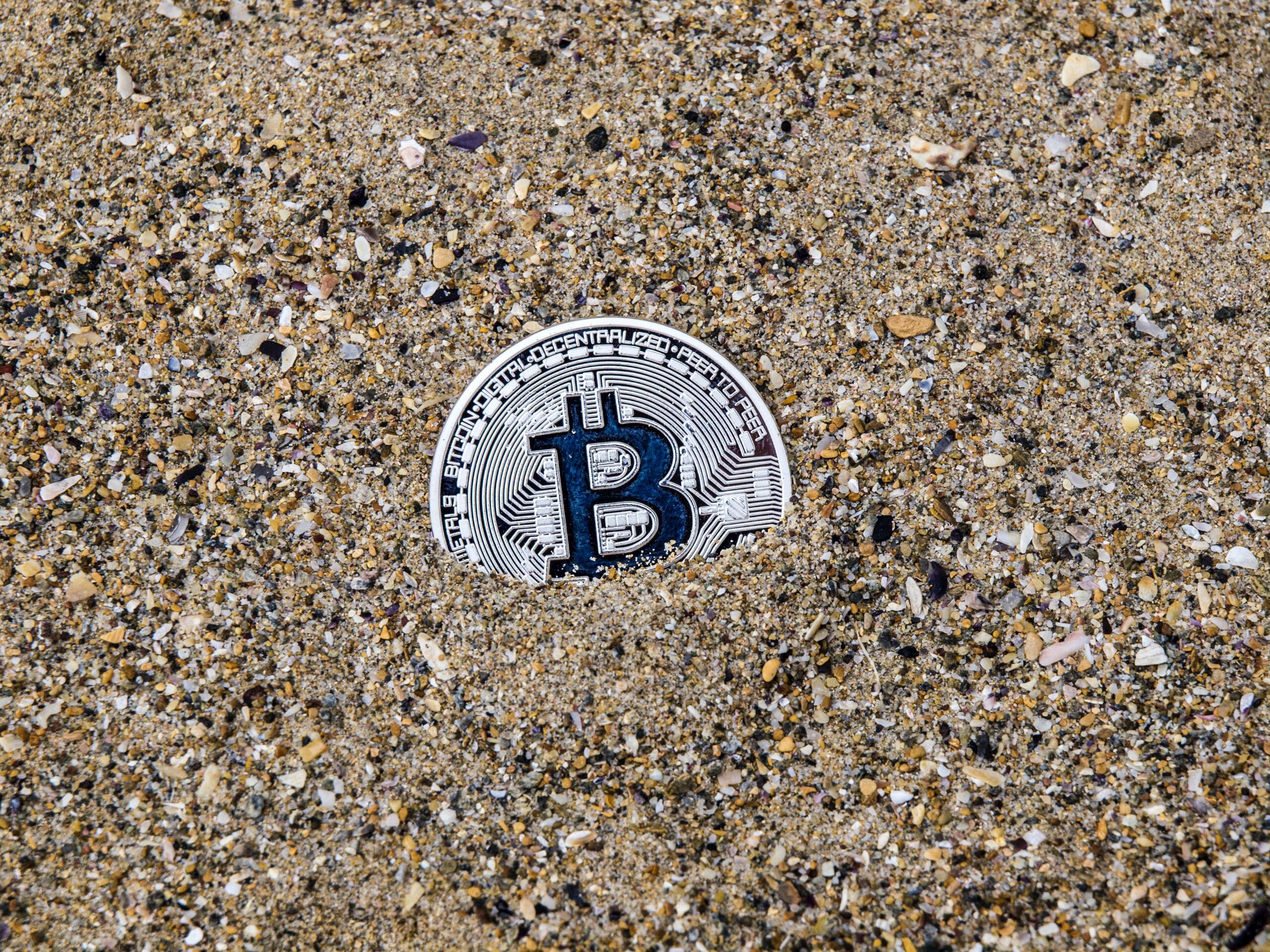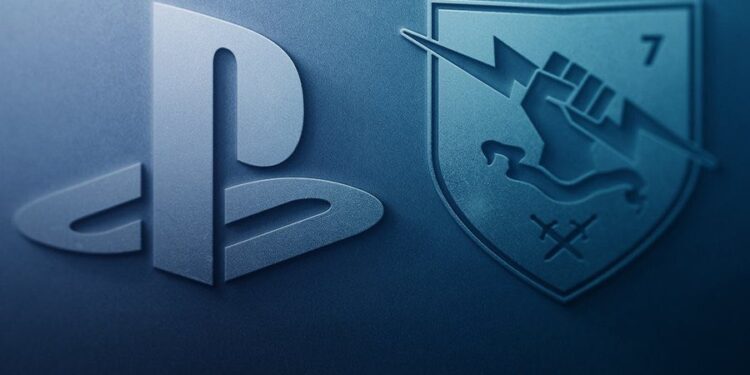Sony is acquiring Bungie, the game studio known for creating the Destiny and Halo universes, in a $3.6 billion deal. The deal is backed by some equally huge guarantees from Bungie regarding its independence, commitments to multiplatform video games, and the way forward for Destiny.
The deal seems a little unusual. Even though Sony will own Bungie, it will still maintain its creative independence inside Sony and will continue to self-publish its future games. Destiny 2 will remain multiplatform; it is not going to disappear from Xbox or turn into a PlayStation exclusive. The game will remain the same “no matter where you choose to play,” said Joe Blackburn in a blog post. It may indicate that there might not be exclusive Destiny weapons or strikes on PlayStation like in the past, thanks to Sony and Activision deal.
Bungie’s future games won’t be PlayStation exclusive either. A blog post from Bungie’s Justin Truman and Joe Blackburn read, “we want the worlds we are creating to extend to anywhere people play games.”
Apparently, Bungie is only the beginning of many more PlayStation acquisitions. Sony Interactive Entertainment CEO Jim Ryan stated that the company has “many more moves to make” in an interview with GamesIndustry.biz. He continued: “We are starting to go multiplatform; you’ve seen that. We have an aggressive road map with live services. And the opportunity to work with, and particularly learn from, the brilliant and talented people from Bungie that is going to considerably accelerate the journey we find ourselves on.”
If you take a look at Sony’s top-played PlayStation games, you will understand the importance of Destiny to PlayStation. Based on gameplay hours, Destiny 2 is number six on the list. Fortnite tops the list with Call of Duty: Black Ops Cold War on the second spot with the usual NBA and FIFA annual releases. Even though Destiny 2 is about to enter year five, it is still trendy across PC, Xbox, and PlayStation.
Destiny has a unique blend of MMO, looter shooter, and a PvP crucible mode that lets you show off the armour and guns you’ve acquired through hours of grinding. There is still nothing like Destiny in the market. It has a unique revenue model, even though it’s technically free-to-play. You can buy cosmetics through micro-transactions, purchase DLC to access additional campaign content and activities like dungeons or raids, and purchase a season pass to get more rewards and unique weapons.
Sony is attracted towards the revenue from live service games. Sony has made a $250 million investment in Epic Games (Fortnite owners) in 2020 and an additional $200 million last year. It’s only a couple of percent stake overall, but it demonstrates Sony’s clear value in Fortnite.
Destiny is a huge acquisition for Sony, allowing the company to promote the live service elements, but Bungie’s next game could make the deal worth it for Sony. With Halo and Destiny, Bungie has already proved that it never makes anything that’s exactly like what exists today.
Bungie also has a new franchise on the way soon, codenamed ‘Matter’. Matter will be a crucial part of why Sony has acquired Bungie. Destiny will dwell on for many years to come and could see Sony faucet into TV shows for the franchise or support Bungie’s promise of an “expansion of the Destiny Universe into additional media”. If the early Bungie job postings are accurate, the matter could be the next big live service game that would put pressure on Fortnite’s dominance. It’s also easy to imagine a Bungie game with crossovers to Sony’s range of IPs and the potential to fulfill Destiny’s original promises.
Sony’s acquisition of Bungie isn’t about is exclusivity, though. Games like Destiny will thrive as they’re available on multiple platforms and connect various friend groups in a virtual world. Call of Duty, Fortnite, and Destiny aren’t extremely popular because they’re available on multiple platforms and aren’t locked to one platform. Sony might have pushed back against cross-platform and cross-play in the past, but with this deal, it’s clear that the PlayStation maker is now embracing its potential and has bigger plans for live service games.
“Philosophically, this isn’t about pulling things into the PlayStation world,” says Ryan. “This is about building huge and wonderful new worlds together.”






























